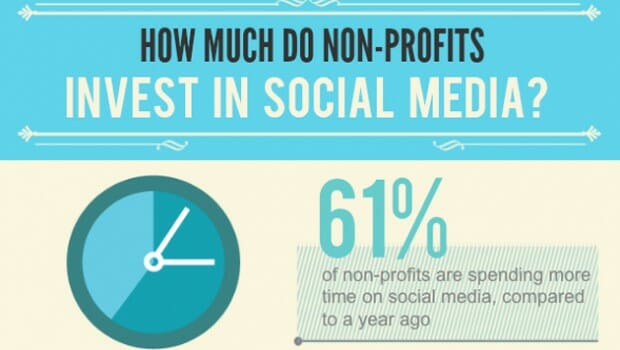A bright and accomplished colleague wrote me with a troubling question.
There was a job opening my contact encouraged me to apply for. I hesitated because one of the requirements said “Digital native” which threw me off. My understanding of the definition is people who grew up with technology from birth, but I thought that would be age discrimination, so they couldn’t possibly mean it that literally, could they? Can I get your thoughts about this situation?
How would you answer her? Here’s the gist of what I said:
You, too, can become a digital native!
“Digital native” is a tricky term. It should mean someone who lives and breathes social media, someone who doesn’t have to think about how to use them any more than you have to think about how to send an email—and that could be a person of any age.
Sometimes it does (thinly) disguise an attitude that the agency doesn’t want to deal with older workers, which is against the law, as you know. The more I read, the more it appears to me that age discrimination is easy to get away with and hard to prove.
I like your impulse to head off the criticism by showing what you know. That’s what I have been doing on my blog, Twitter, and LinkedIn. But realize that I have been my own boss for the last few years, and you have a full-time job!
So, I agree that you need to pick your spots carefully. LinkedIn is currently your strongest medium, and it would make sense to build on it. If you’re asking me, I would suggest:
- Get people to recommend you. If your profile included at least one recommendation of your work at your most recent job and one at a previous job, that would help a lot. If they can talk about your website skills, so much the better.
- Post content that you have written. You’re right, you’ll need permission to post materials you wrote for your job, and you can probably get that. Have you written anything for outside publications in the field, or for conferences?
- Use LinkedIn Groups to learn and to show your expertise. Join some groups. Have them send you updates by email. Click on links to read posts you find interesting. “Like” posts and comments that you especially appreciate. When you can add to the conversation, either by adding information/examples or by posing a new question that moves the discussion along, do so. All your activity will show up in the Activity section of your LinkedIn profile, and the end result will be that when prospective employers look you up on LinkedIn, they’ll see you keep up with the field.
What would YOU tell her about avoiding age discrimination?


